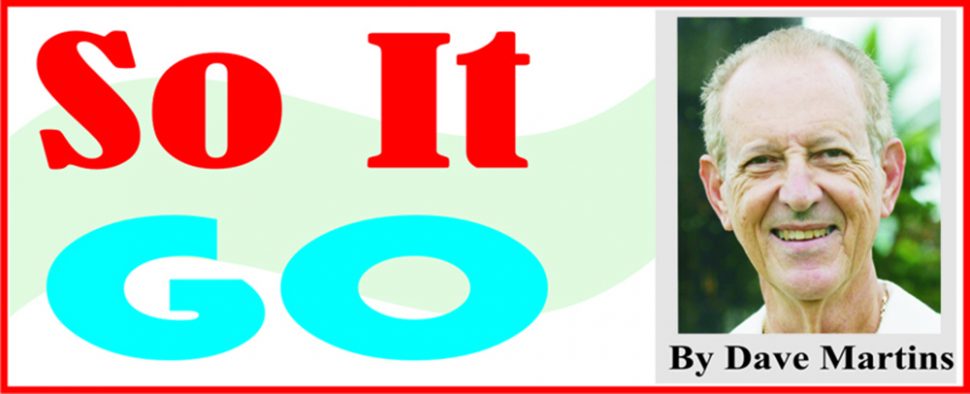Many years ago, when I lived in Toronto, a huge TV favourite for me was a late-night talk show hosted by Dick Cavett, a very erudite gentleman, with a great sense of humour, and this keen eclectic interest in everything under the sun and for a quirky but sharp sense of humour; Cavett was a joy to watch. I’m talking here, some 30 years ago, so the show is long gone, but out of the blue recently I ran into a copy of a book by him I had bought, which is a series of conversations – he called them Brief Encounters – Cavett had with a wonderful range of famous people. He welcomed leading figures from film, theatre, literature, comedy and politics and engaged them in free-flowing conversations that made you feel you were sitting in on a chat in his home with these wonderful guests. Cavett chatted with them all in the most engaging way, using no notes, and he clearly had no trouble getting guests. They ranged from the famous pop music star of the time, Eddie Fisher to movie actor Tony Curtis. Here is Cavett on prejudice: “Growing up in Nebraska I had a sixth-grade teacher who referred to American Indians as “sneaky redskins” and our enemies in the Pacific as “dirty Japs”. This abated somewhat after I asked one day in class, ‘Mrs. G. Do you think our parents would like to know that you teach race prejudice?’ She faded three shades. The rest of that year was difficult.”
He gives us this quote from Mark Twain for aspiring writers to note: “The difference between the almost right word and the right word is the difference between the lightning bug and the lightning.” On the frequent subject of booze, he tells of a remark from the comedic actor W. C. Fields who recalled a time “where we lost our corkscrew and had to live on food and water for several days”, as well as Samuel Johnson noting “One of the disadvantages of wine is that it makes a man mistake words for thought.” And on the same subject, relating his own experience with too much booze after breakfast, “I went next door to get a pair of sunglasses. I’d never known sunlight to be so punishing.”
Cavett’s targets are everywhere. From actors Jimmy Stewart, or John Wayne to the US President John Kennedy (you’ll have to read the book for the details), he puts us in the same room with world famous people and shows them to be ordinary…sometimes. Outstanding in a wide-ranging mix with the famous are Cavett’s interactions with Muhammad Ali. Those alone are worth the price of the book.
I can give you pages on this book; it is a great read throughout; get it, it’s published by Henry Holt, New York; I guarantee you will love it – but space prevails and I cannot let this week end without repeating a beautiful poem I just received from my long-time associate in Toronto, GT boy Kelvin Ambedkar, versatile man of the Guyana cultural scene. It has to do with the long-time Ambedkar family dog, a cuddly female, sadly lost recently to old age. Knowing I’m a dogs man from way back, Kelvin sent me the poem, written by his son, which goes like this:
“Her eyes saw so much – spoke volumes without words.
“Her ears heard secrets – white lies.
“And our heart cries.
“Yet, never reported; uncomplaining, unconditional love,
“Teaching humans how to live.”
Kelvin – we go way back – attached the following note to his son’s poem:
“DAVE: Our dog for over 14 years died last Thursday.
I am still in denial. Our dog was so loving, kind, adorable and obedient.
I never imagined that our dog’s death would have such an impact on us.
I’ve never cried this much. Our home is so empty without her. If there was a choice of a million dollars and my dog, today I will opt for my dog.
It is just unfortunate that we outlived our pets; they taught us to love.
As of now, anyone who tells me Men are Dogs I will take it as a compliment.” – KELVIN










